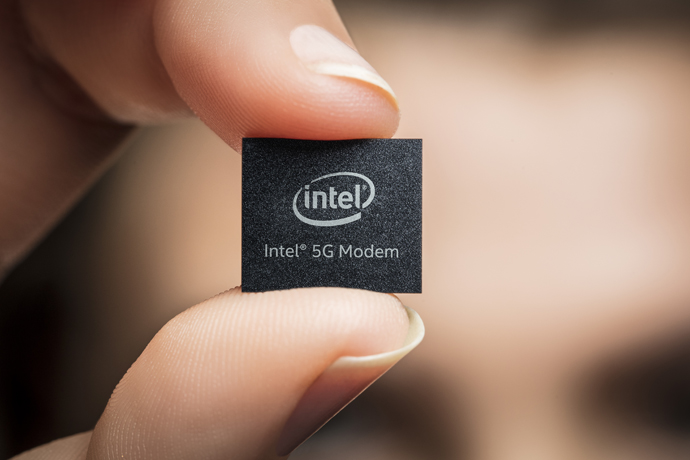Apple says it remains committed to fair, reasonable, and non-discriminatory licensing of SEPs

What you need to know
- Apple has published a statement reiterating its commitment to the fair licensing of standard essential patents.
- Apple acquired a majority of Intel's smartphone modem business earlier this year.
- SEPs refer to patents that are essential to certain technologies, like mobile communications.
Apple has published a statement to its website reiterating its commitment to the fair, reasonable and non-discriminatory (FRAND) licensing of standard essential patents.
According to a summary of the statement:
How standard essential patents are licensed affects competition, innovation, product compatibility, and consumer choice. When licensed on fair, reasonable, and non-discriminatory terms, everyone stands to benefit. On the other hand, when companies use the market power of a standard and standard essential patents to demand unfair, unreasonable, or discriminatory terms, consumers are harmed and fewer choices are available. Apple brings a balanced perspective to the promises and perils of standardization and outlines several core principles to promote fair, reasonable, and non-discriminatory licensing of standard essential patents, addressing transparency during negotiation, merits-based evaluation, portfolio licensing, use of a common royalty base and rate, and injunctive relief. Taken together, these principles provide a consistent framework for fair, reasonable, and non-discriminatory licensing of standard essential patents.
Apple purchased a majority share in Intel's smartphone modem business earlier this year, after which it said it would hold more than 17,000 wireless tech patents. Standard essential patents refer to patents that are essential to certain technologies. They are licensed by the company which holds them so that competitors can also incorporate the technology into their own products and services.
Within the piece, Apple says it has "long sought to bring a balanced perspective to the promises and perils of standardization and is committed to licensing its cellular SEPs on FRAND terms," entering into licensing agreements with dozens of licensors. It also says that it has sought to do with transparent and consistent FRAND methodology. These principles include transparent negotiation and merit-based valuation of SEPS. It also states that licensors should not be forced to take bundled or portfolio licenses and that there should be a common royalty base that applies to all parties.
In conclusion, Apple states:
As both an innovator and an implementer of standardized technologies, Apple remains committed to these core FRAND principles, now and in the future.
You can read the full statement here.
iMore offers spot-on advice and guidance from our team of experts, with decades of Apple device experience to lean on. Learn more with iMore!

Stephen Warwick has written about Apple for five years at iMore and previously elsewhere. He covers all of iMore's latest breaking news regarding all of Apple's products and services, both hardware and software. Stephen has interviewed industry experts in a range of fields including finance, litigation, security, and more. He also specializes in curating and reviewing audio hardware and has experience beyond journalism in sound engineering, production, and design.
Before becoming a writer Stephen studied Ancient History at University and also worked at Apple for more than two years. Stephen is also a host on the iMore show, a weekly podcast recorded live that discusses the latest in breaking Apple news, as well as featuring fun trivia about all things Apple. Follow him on Twitter @stephenwarwick9
